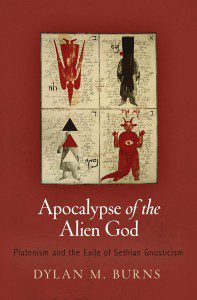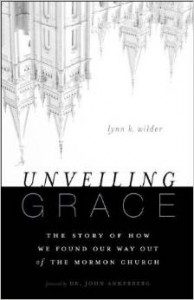As we observed George Whitefield’s 300th birthday last week, here’s a post on his 1739 Christmas travels and preaching, from the Anxious Bench archive: In December 1739, George Whitefield was completing a treacherous overland trip from Maryland to South Carolina, and he stopped for Christmas in New Bern (“Newborn”), a relatively new parish in North Carolina, which was also one of the newer southern colonies. He had already seen phenomenal crowds attend his outdoor meetings in England, and now he... Read more

















